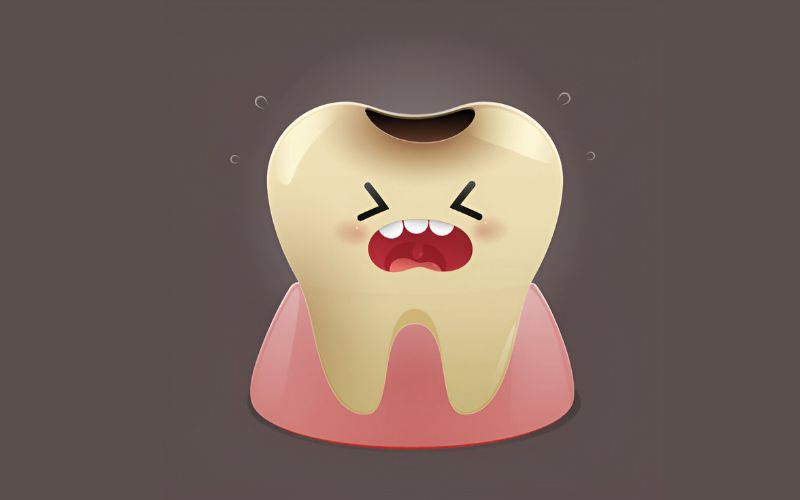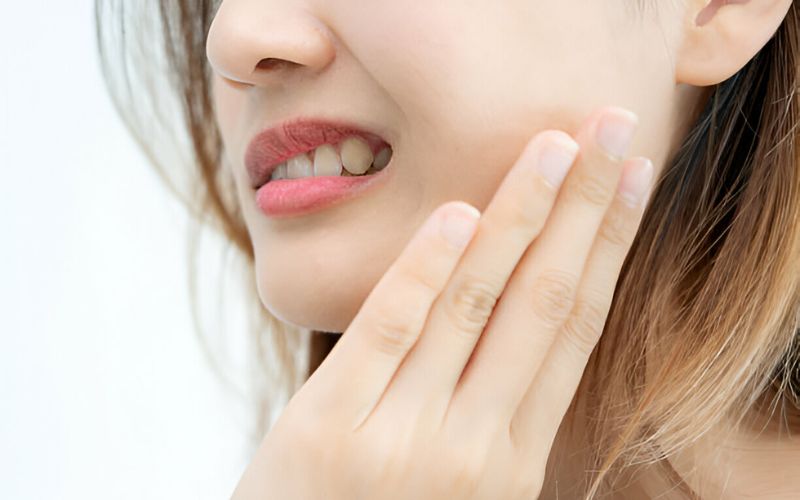Green tea, a popular beverage known for its numerous health benefits, has gained attention for its potential positive impact on oral health. If you’re wondering whether incorporating green tea into your daily routine can benefit your teeth and gums, you’re in the right place. Learn about the practical tips to help you understand how green tea can contribute to a healthier mouth.
Want to Know What is Good for Your Oral Health?
Are you looking to improve your dental hygiene routine? Our experienced dentists can provide personalised advice and recommendations tailored to your specific needs.
Book Appointment NowGreen Tea and Its Properties
Green tea is made from the leaves of the Camellia sinensis plant. Unlike black tea, green tea undergoes minimal oxidation during processing, preserving its high content of natural antioxidants, known as catechins. The most notable catechin in green tea is epigallocatechin gallate (EGCG), which is credited with many of its health benefits.
7 Great Green Tea Benefits for Oral Health
1. Reduces Plaque Formation
One of the primary ways green tea can benefit your oral health is by reducing plaque formation. Plaque is a sticky film of bacteria that forms on your teeth and can lead to cavities, teeth removal and gum disease if not properly managed. Studies have shown that the catechins in green tea can inhibit the growth of bacteria responsible for plaque formation, such as Streptococcus mutans.
Tip for You: Rinse your mouth with unsweetened green tea after meals to help reduce plaque buildup.
2. Fights Bad Breath

Bad breath, or halitosis, is often caused by the presence of volatile sulfur compounds produced by bacteria in the mouth. Green tea has been found to reduce the concentration of these compounds, thereby improving breath odor.
Tip for You: Drinking green tea or using a green tea mouthwash can help keep your breath fresh throughout the day.
3. Prevents Cavities

The antibacterial properties of green tea extend beyond reducing plaque. The fluoride content in green tea, along with its ability to lower the acidity of saliva and dental plaque, helps prevent cavities. Fluoride is well-known for its role in strengthening tooth enamel and preventing tooth decay.
Tip for You: Replace sugary drinks with green tea to reduce your risk of cavities while enjoying a flavorful beverage.
4. Promotes Gum Health
Gum disease, or periodontal disease, is a common condition that can lead to tooth loss if not addressed. The anti-inflammatory properties of green tea can help reduce inflammation in the gums and improve overall gum health. Research has shown that individuals who consume green tea regularly have healthier gums compared to those who do not.
Tip for You: Incorporate green tea into your daily routine to support your gum health and potentially prevent periodontal disease.
5. Protects Against Oral Cancer
Green tea has been studied for its potential protective effects against various types of cancer, including oral cancer. The antioxidants in green tea, particularly catechins like EGCG, can help protect cells from DNA damage caused by free radicals. These antioxidants have anti-carcinogenic properties that may inhibit the growth of cancer cells in the oral cavity.
Tips for you: Regular consumption of green tea can contribute to your overall health and may offer protective benefits against the development of oral cancer. Aim to drink 2-3 cups of high-quality green tea daily.
6. Reduces Inflammation and Swelling

Inflammation and swelling in the oral tissues can result from various conditions, including gum disease, canker sores, and other oral infections. The anti-inflammatory properties of green tea can help reduce swelling and soothe inflamed tissues. This can provide relief from discomfort and promote faster healing of oral lesions.
Tips for you: Using green tea as a rinse can help reduce inflammation in the mouth. Brew a cup of green tea, let it cool, and use it as a mouth rinse twice a day to soothe inflamed oral tissues.
7. Strengthens Enamel and Reduces Tooth Sensitivity
Green tea contains natural fluoride, which is essential for maintaining strong tooth enamel. Strong enamel protects your teeth from decay and helps reduce sensitivity. The combination of fluoride and the antimicrobial properties of green tea can help strengthen enamel and provide an added layer of protection against tooth decay and sensitivity.
Tips for you: Drinking green tea regularly can help maintain strong enamel and reduce tooth sensitivity. For an extra boost, consider swishing green tea around your mouth before swallowing to allow more contact with your teeth.
Practical Ways to Incorporate Green Tea into Your Oral Care Routine
Drinking Green Tea
The simplest way to benefit from green tea is to drink it. Aim for 2-3 cups of green tea per day to maximize its oral health benefits. Make sure to choose unsweetened green tea to avoid the negative effects of added sugars on your teeth.
Green Tea Mouthwash
You can make a natural mouthwash by brewing green tea and allowing it to cool. Use it to rinse your mouth after brushing and flossing. This can help reduce bacteria and freshen your breath.
DIY Green Tea Mouthwash Recipe:
- Brew a cup of green tea using one tea bag or one teaspoon of loose leaves.
- Let it steep for 5 minutes, then allow it to cool.
- Use the cooled tea to rinse your mouth for about 30 seconds, then spit it out.
- Repeat daily for best results.
Green Tea Toothpaste
There are green tea-infused toothpastes available on the market that combine the benefits of green tea with fluoride for comprehensive oral care. These can be a convenient option if you prefer to integrate green tea into your brushing routine.
Considerations and Potential Downsides
While green tea offers many benefits for oral health, there are a few considerations to keep in mind:
- Staining: Green tea, like any tea, can stain your teeth over time. To minimize staining, rinse your mouth with water after drinking green tea this can help in teeth whitening.
- Caffeine Content: Green tea contains caffeine, which can cause issues if consumed in large amounts, such as sleep disturbances or increased heart rate. Opt for decaffeinated green tea if you are sensitive to caffeine.
- Quality: The quality of green tea matters. High-quality green tea will contain higher levels of beneficial catechins compared to lower-quality varieties. Choose organic, whole-leaf green tea for the best results.
Conclusion
Incorporating green tea into your oral care routine can be a simple and effective way to improve your oral health. From reducing plaque and preventing cavities to promoting gum health and fighting bad breath, the benefits of green tea are backed by scientific research. Whether you choose to drink it, use it as a mouthwash, or find a green tea-infused toothpaste, there are multiple ways to harness the power of green tea for a healthier mouth.
Remember, while green tea can be a valuable addition to your oral care regimen, it should not replace regular dental check-ups and proper oral hygiene practices, such as brushing and flossing. If you have specific dental concerns or conditions, consult your family dentist for personalized advice.
By making green tea a part of your daily routine, you can take a proactive step towards maintaining a healthy, vibrant smile. Cheers to good oral health with green tea!


